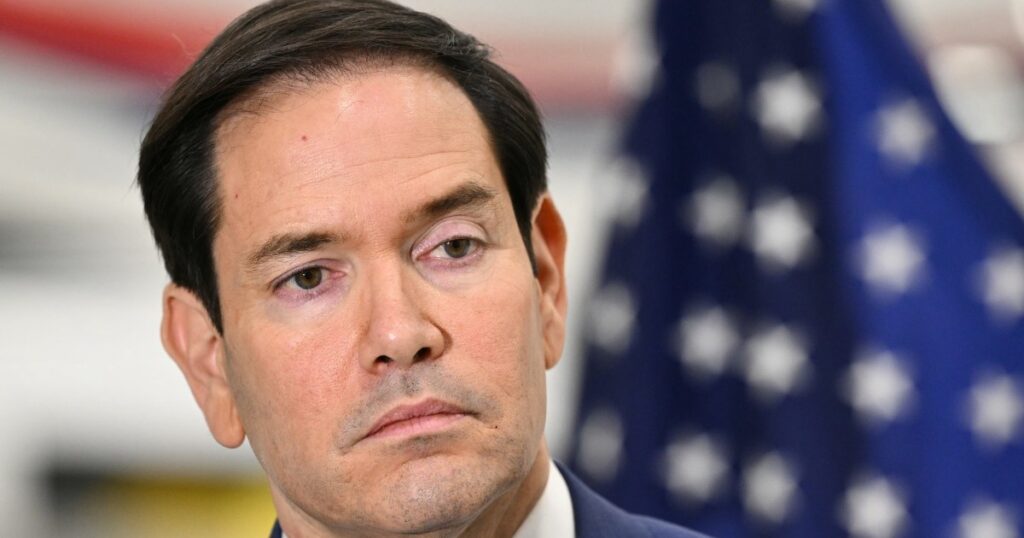
In a controversial move, the administration of United States President Donald Trump has reportedly drafted a legal opinion granting immunity to US military personnel involved in strikes off the coast of Latin America. This development, reported by The Washington Post and Reuters, suggests that the White House is seeking to shield its forces from prosecution related to these military actions.
The Department of Justice’s Office of Legal Counsel has provided the White House with an opinion on the criminal liability of these strikes, which have targeted vessels in the Caribbean. According to multiple sources familiar with the matter, this legal opinion aims to protect US military operations from legal challenges.
Background and Controversy
The strikes, which began in September, have targeted alleged drug traffickers and have been met with significant scrutiny. Both Democrats and some Republicans, along with legal experts, have raised concerns about the legality and morality of these actions. The US military has conducted at least 19 strikes on boats purportedly transporting drugs in the Caribbean and the Pacific, resulting in the deaths of at least 76 individuals.
The Trump administration maintains that these strikes are part of a “non-international armed conflict” against “narcoterrorists” and “unlawful combatants” linked to Venezuela’s Nicolas Maduro. However, critics argue that the administration has not provided sufficient evidence to substantiate claims that the targeted boats were indeed carrying drugs.
Legal and International Implications
The term “unlawful combatant,” used by the Trump administration, has its roots in the era of former President George W. Bush. It was coined to deny certain US enemies the protections afforded under the Geneva Convention. This term remains controversial in international law, with many human rights advocates and legal experts rejecting its legitimacy.
The US actions have also strained relations with some of its closest allies. CNN reported that the United Kingdom had ceased sharing intelligence on drug trafficking operations with the US, despite the otherwise strong intelligence and defense ties between the two nations. French Foreign Minister Jean-Noel Barrot further criticized the strikes, declaring them a violation of international law during a G7 ministerial meeting in Canada.
US Response to Criticism
US Secretary of State Marco Rubio has dismissed the criticisms, stating that none of the G7 members raised the issue during their two-day summit. Rubio asserted, “I don’t think that the European Union gets to determine what international law is. They certainly don’t get to determine how the United States defends its national security.” He also denied reports of any changes in intelligence sharing with the UK, emphasizing that operations remain unaffected.
“Nothing has changed or happened that has impeded in any way our ability to do what we’re doing,” Rubio said. “Nor are we asking anyone to help us with what we’re doing.”
Looking Ahead
The Trump administration’s stance on military strikes in the Caribbean continues to stir debate both domestically and internationally. As the legal and diplomatic ramifications unfold, the administration may face increasing pressure to justify its actions and the legal frameworks supporting them. The international community will likely keep a close watch on how the US navigates these contentious waters, potentially influencing future military and diplomatic strategies.
As the situation develops, the implications of this legal opinion on US military operations and international relations remain to be seen. The administration’s next steps could significantly impact its standing on the global stage and its relationships with key allies.






